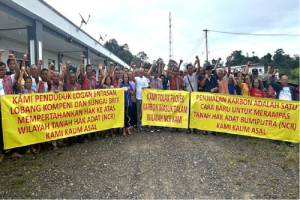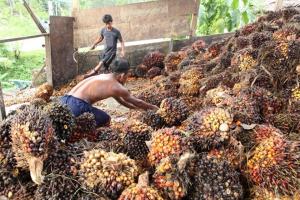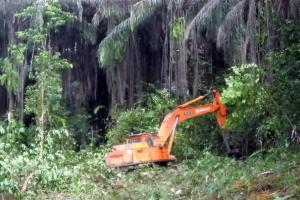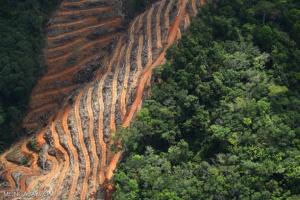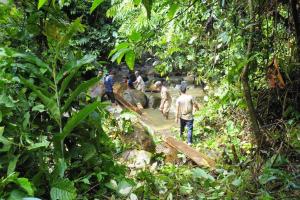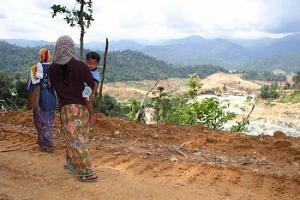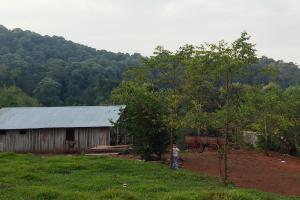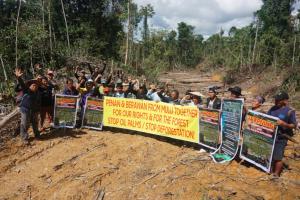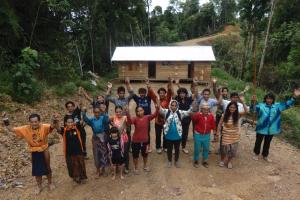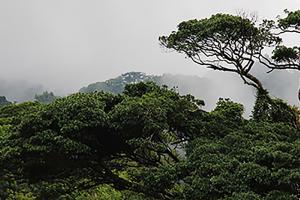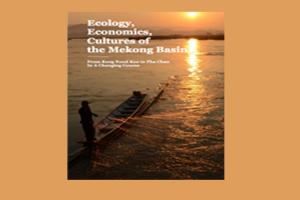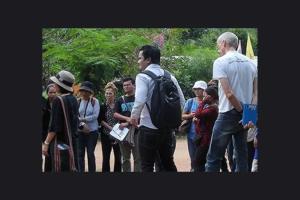Samling is a notoriously destructive Malaysian logging, plantations and construction company which has faced decades of opposition from indigenous peoples such as the Penan and the Kenyah for destroying their customary lands. In December 2023, the Samling subsidiary SaraCarbon listed a carbon project in the Malaysian state of Sarawak in the registry of the carbon standard provider Verra.
Malaysia
Other information
23 April 2025
Other information
27 September 2021
An academic article from Janina Puder exposes how the palm oil industry in Malaysia heavily relies on the cheap labour of migrant workers in order to keep palm oil profitable and globally competitive. Palm oil is often associated with social inequalities concerning land ownership, land use and access to land, but the exploitation of migrant workers is a further significant, albeit lesser-known, expression of social inequality that has been caused by industrial oil palm cultivation and the steady expansion of the palm oil sector in Malaysia since the 1960s.
Other information
9 March 2021
EU’s restrictions on palm oil-based fuels are portrayed by the government of Malaysia as a threat to thousands of small holders relying on the industry. However, are the majority of oil palm smallholders and workers earning a handsome income? While Malaysia takes pride in being one of the world’s biggest oil palm producer, most plantation workers, especially women and poor families, remain invisible as labourers who live in depressing conditions and earn a pittance. This is in striking contrast to the rich and powerful large-scale plantation owners.
Other information
24 September 2020
Three-quarters of oil palm concessions in Indonesia and Malaysian Borneo certified by the Roundtable on Sustainable Palm Oil (RSPO) occupy land that was forest and/or wildlife habitat as recently as 30 years ago.
Bulletin articles
15 July 2019
After the cancellation of the Baram mega-dam in 2016, the villagers of Long Liam, who were among the thousands opposing the construction of a mega dam, joined forces to install the very much needed power source in their community.
Other information
15 July 2019
A paper from researcher Carol Yong critically reviews issues of dam-induced displacement and resettlement of indigenous communities in Malaysia from a gender lens.To understand why compulsory land acquisition is traumatic for rural indigenous peoples within the larger context of dam displacement in Malaysia, it is important to understand customary land rights and tenure systems, the role of adat (customary law) in the regulation of such rights, and what land means to both women and men.
Bulletin articles
14 May 2019
While the destruction of forest territories continues, more pledges, agreements and programs are being implemented in the name of ‘addressing deforestation and climate change’.
Bulletin articles
14 May 2019
Millions of hectares of mostly forested areas in Malaysia have been targeted for developing monoculture plantations –including expanding timber plantations-, however, many of these have not been fully developed yet.
Other information
22 December 2018
After two years of struggle against logging in their forest, the Penan village of Long Tevenga in Northern Sarawak gained a major victory. The Penan tried to prevent the logging company from entering the forest with a barricade on the logging road and last August they built a house across the road. The company had no way to get through.
Bulletin articles
23 August 2017
Other information
7 July 2017
Launched by the Thai organization TERRA, this publication records the story of Mekong riparian communities from 25 sub-districts in 7 provinces of north-eastern Thailand (Isaan). It aims to bring to life the knowledge uniquely shaped by south-east Asia’s longest international river, the Mekong River. It illustrates the delicate complexity of the Mekong hydrology and sub-ecosystems and how these provide the basis of life and livelihoods to the people along the river. It also explores the local cultures and socioeconomic values attached to it with a hint of history and ways of life.
